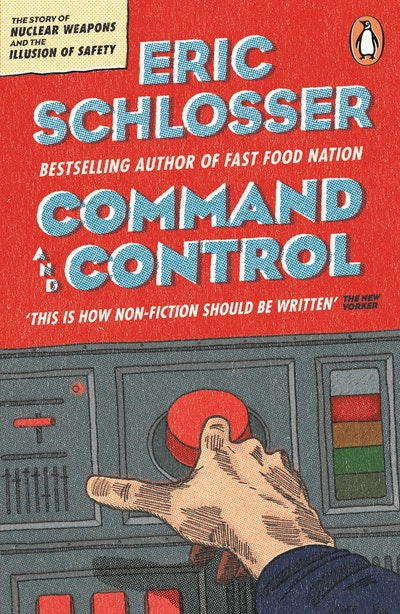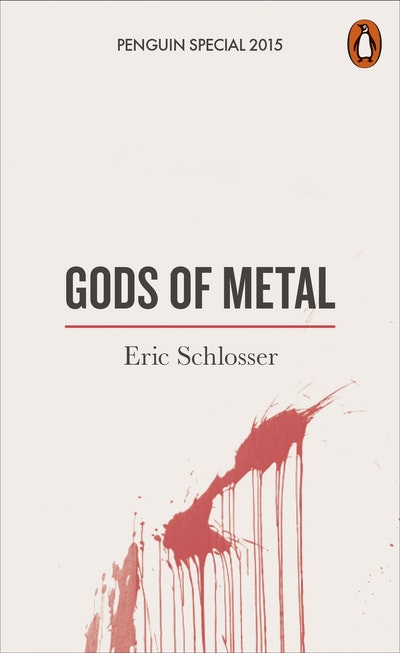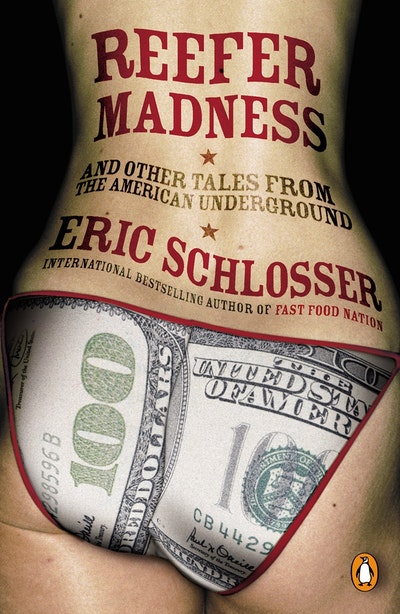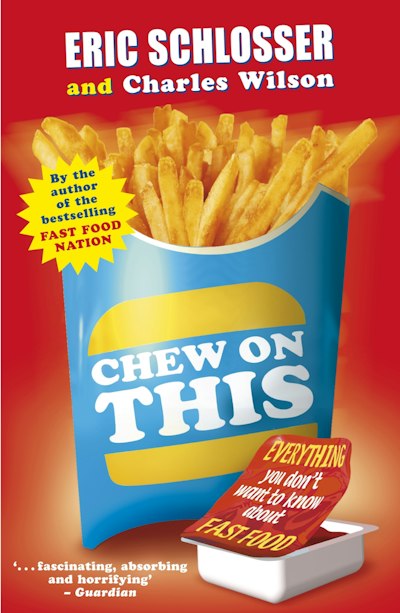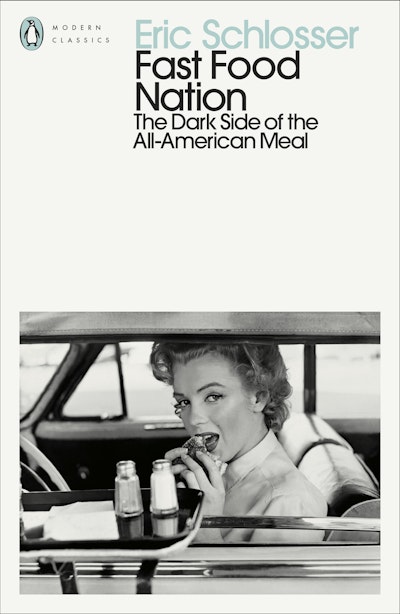- Published: 17 September 2013
- ISBN: 9780141943176
- Imprint: Penguin eBooks
- Format: EBook
- Pages: 656
Command and Control
- Published: 17 September 2013
- ISBN: 9780141943176
- Imprint: Penguin eBooks
- Format: EBook
- Pages: 656
A work with the multi-layered density of an ambitiously conceived novel
John Lloyd, Financial Times
Command and Control is how non-fiction should be written ... By a miracle of information management, Schlosser has synthesized a huge archive of material, including government reports, scientific papers, and a substantial historical and polemical literature on nukes, and transformed it into a crisp narrative covering more than fifty years of scientific and political change. And he has interwoven that narrative with a hair-raising, minute-by-minute account of an accident at a Titan II missile silo in Arkansas, in 1980, which he renders in the manner of a techno-thriller
New Yorker
The strength of Schlosser's writing derives from his ability to carry a wealth of startling detail on a confident narrative path
Ed Pilkington, Guardian
Disquieting but riveting ... fascinating ... Schlosser's readers (and he deserves a great many) will be struck by how frequently the people he cites attribute the absence of accidental explosions and nuclear war to divine intervention or sheer luck rather than to human wisdom and skill. Whatever was responsible, we will clearly need many more of it in the years to come
Walter Russell Mead, New York Times
Reads like a thriller ... A fascinating read and a gripping one
Justin Webb
[Praise for Eric Schlosser]: He tells us things we already suspect to be true, but don't dare think about
Daily Telegraph
Eric Schlosser may be the Upton Sinclair for this age ... He has a flair for dazzling scene-setting and an arsenal of startling facts
Los Angeles Times
Schlosser's reportage is as good as it gets
GQ
My vote is for Eric Schlosser's Command and Control. Do you really want to read about the thermonuclear warheads that are still aimed at the city where you live? Do you really need to know about the appalling security issues that have dogged nuclear weapons in the 70 years since their invention? Yes, you do. Schlosser's book reads like a thriller, but it's masterfully even-handed, well researched, and well organised. Either he's a natural genius at integrating massive amounts of complex information, or he worked like a dog to write this book. You wouldn't think the prospect of nuclear apocalypse would make for a reading treat, but in Schlosser's hands it does
Jonathan Franzen, Guardian, Books of the Year
